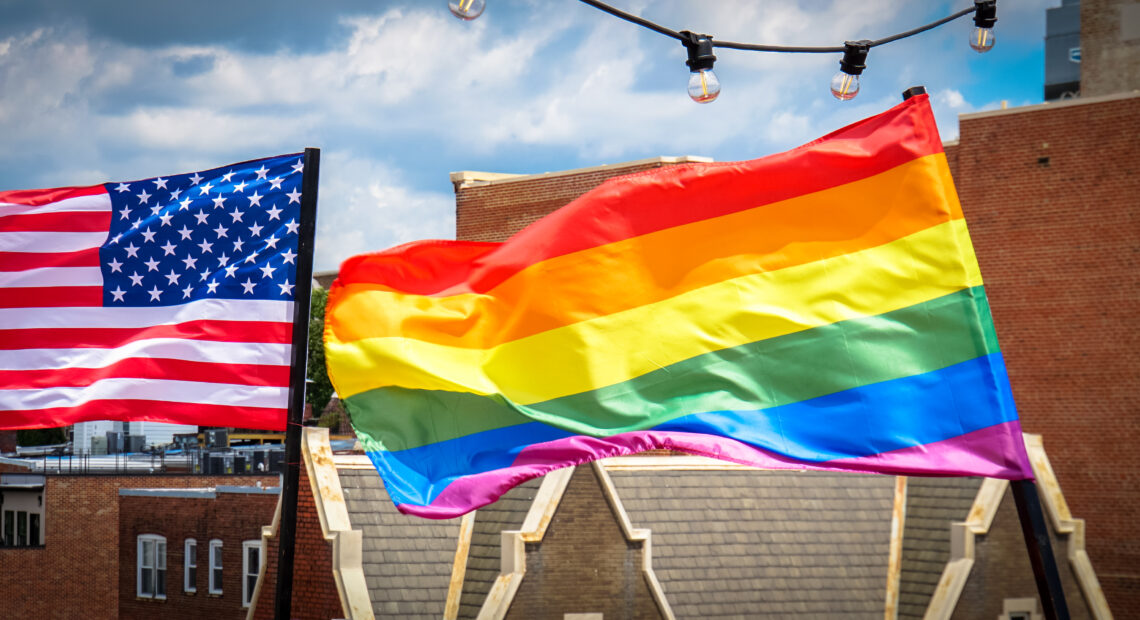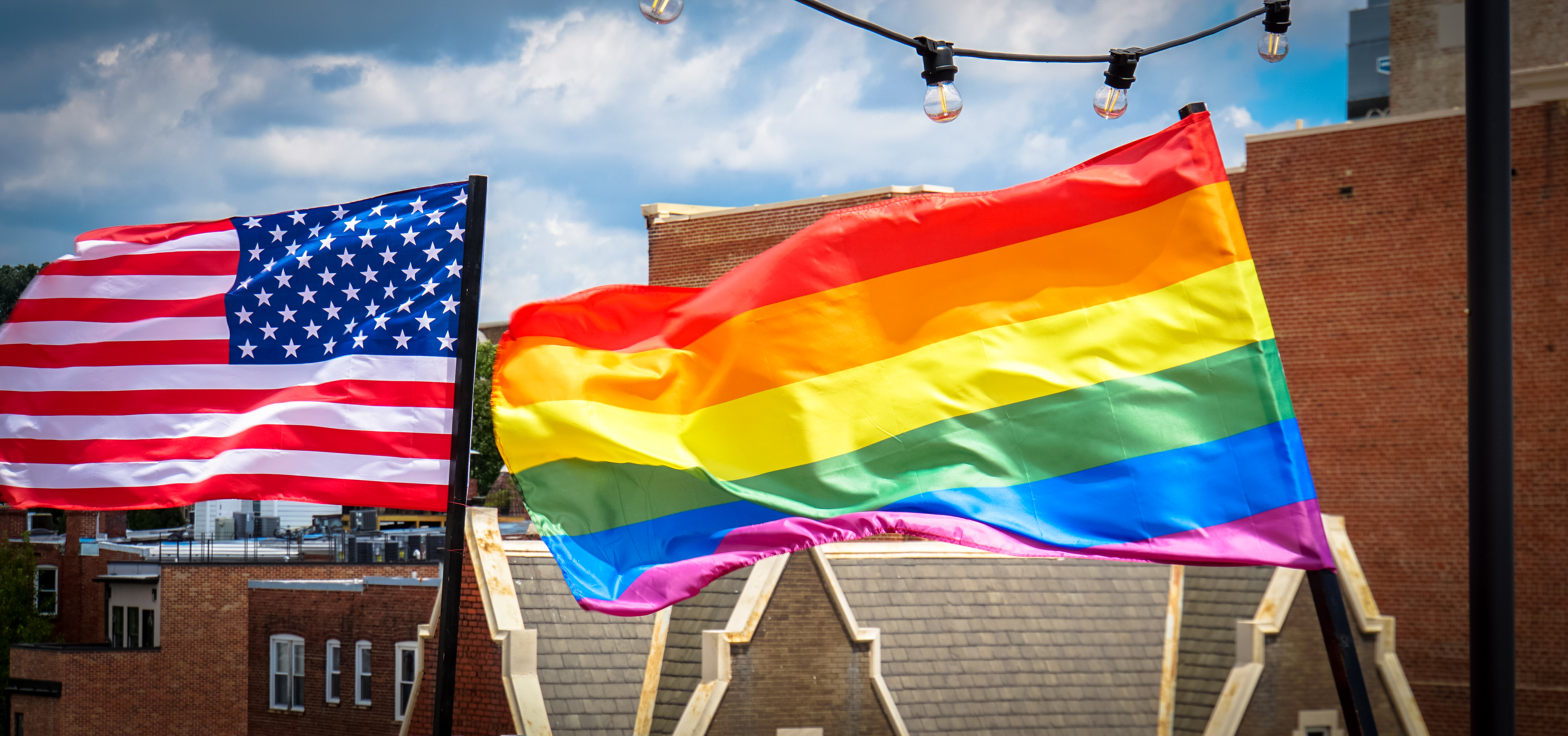
Washington woman joins class-action lawsuit against DOD
Listen
(Runtime 1:25)
Read
Every time Hayden Powell sits down to apply for a job, she has to relive an experience she went through over two decades ago, when she was discharged from the military because of her sexual orientation.
“They cut your military ID in half in front of you,” Powell said. “And they escort you off the base. So you leave with not only a tremendous amount of shame and embarrassment, but you also leave feeling like a criminal.”
In 1999, Powell was discharged from the military under the since-repealed Don’t Ask, Don’t Tell policy, which banned LGBTQ people from serving openly in the military. Powell received an “Uncharacterized discharge” and her sexual orientation is identified on her DD-214, the form that reports someone’s separation from the military.
With discharges characterized as something other than “honorable,” former service members may not qualify for certain benefits such as access to higher education through the G.I. Bill and medical care through Veterans Affairs, as was the case for Powell.
At 21 years old, Powell said she felt alone, isolated, ashamed and embarrassed when she was discharged. For years on job applications, she said she avoided the question “Are you a veteran?” altogether.
“I didn’t even think I was one,” Powell said.
Decades ago, Powell said she chose to join the military to better both herself and the world around her. Now, as a plaintiff in a lawsuit against the U.S. Department of Defense, she wants to make things better for veterans like her.
“I wanted to be able to help people. And to me, I couldn’t think of a more honorable way to do that than joining the military,” Powell said. “If I can be somebody who can help institute that change by using my voice in this lawsuit, that’s why I decided to join.”
The lawsuit was originally filed against the department in August, and amended Oct. 26 to include Powell. It alleges that instead of proactively taking steps to right the harms caused by giving these service members less-than-honorable discharges, the government has instead pointed to a preexisting record correction process for people to prove they faced discrimination.
“There is no legitimate governmental interest in the ongoing deprivation of veterans’ benefits, particularly after the Government halted the policies that triggered the reduced discharge statuses after its own recognition that the policies were discriminatory and violated the rights of service members,” read lawsuit documents.
People discharged under former policies can go through that process to have their discharge status upgraded and amended, but Powell said it’s a long undertaking — one she’s still in after more than a year.
“The irony of being required to prove discrimination against the very institution that discriminated against you is probably one of the biggest ironies I can think of,” Powell said.
The process includes complicated legal terms which Powell said require an attorney to decipher, and people must recount what happened to them, essentially reliving the trauma, which Powell said not everyone is in a position to do.
“We shouldn’t have to do anything,” Powell said. “They know who we are, because they kicked us out. And they know why.”
The lawsuit seeks to upgrade the status of veterans whose discharge statuses are less than honorable, and remove language that mentions sexuality from these documents.
According to the suit, Powell was denied VA health care, is ineligible for the G.I. Bill, and so, instead took out loans to pay for college and has been advised by prospective employers that she would not receive veteran benefits because of her discharge classification.
To this day, Powell said it stops her from applying to jobs where the employer would want to see her DD-214.
“You’re put in a position where you have to out yourself to a perfect stranger,” Powell said.
The lawsuit estimates that over tens of thousands of veterans were impacted and qualify for having their discharge status upgraded and/or corrected.
To others who went through similar experiences to Powell, she had this message:
“I just want all the other veterans going through the same thing right now to know that you are loved,” Powell said. “And despite what the DOD says about you, you are worthy. You are not bad. And just hang in there. And I love all of you, and it’s going to be okay, we’re going to fix it.”
Now, as the defendant, the U.S. Department of Defense and branch secretaries must issue a response to the claim. A spokesperson for the U.S. Department of Defense said the department does not comment on ongoing litigation.
















